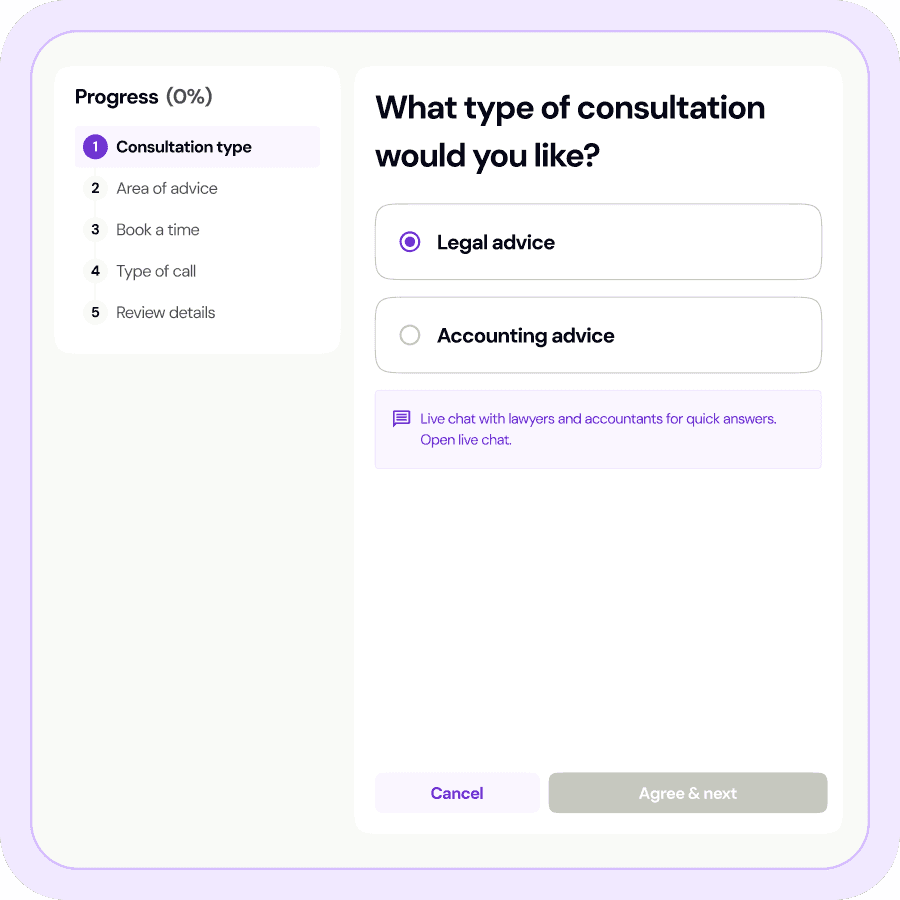As a business owner, you have an obligation under the PAYG withholding rules to collect tax from the payments you make to employees and certain businesses to ensure that they meet their end-of-year tax liabilities. Pay as you go (PAYG) withholding refers to collecting tax from employees’ income and ensures businesses meet their tax liabilities. If you’re making payments to employees or payees, PAYG will apply to your business. In this article, we’ll discuss PAYG Withholding and what you need to do when registering for PAYG.
Key points
- PAYG Withholding requires you to withhold certain payments
- This includes employees, directors and businesses that owe you money
- All employers need to register for PAYG Withholding
When Does PAYG Withholding Apply?
You’ll need to register for PAYG if any of the following apply to your business:
- You have employees;
- You employ workers who enter an agreement to withhold payments e.g. contractors;
- When making payments to businesses that don’t quote their ABN.
It can also apply to:
- Investment income to someone who does not provide their TFN
- Dividends, interest and royalties paid to non-residents of Australia
- Payments to certain foreign residents for activities related to gaming, entertainment and sports, and construction
- Payments to Australian residents working overseas
- Super income streams and annuities
- Payments made to beneficiaries of closely held trusts.
Why do I need to register for PAYG?
To make payments subject to withholding you must register for PAYG withholding. Once registered what does this mean? You will need to withhold amounts from wages and other payments. You will need to then provide to the Australian Taxation Office (ATO) activity statements, payment summaries of employees and payees and an annual PAYG payment summary. Payments will also need to be made to the ATO.
Sole traders and partners
If amounts are drawn from the business, it does not constitute a wage. This means it does not need to be withheld. However, there a circumstances where it will be.
Businesses without an ABN
Businesses which have not registered for an ABN still need to withhold tax where they:
- They manage their own National Disability Insurance Scheme (NDIS) funds and directly employs staff.
- A supplier of theirs has not provided an ABN.
- They are an employer or intend to employ a nanny, cleaner, cook or gardener.
- They pay royalties, dividends or interest to non-residents of Australia or withhold from or report investment income to Australian residents.
How do I register for PAYG?
PAYG registration is required from the day that you are first required to withhold an amount from a payment.
- You can register for PAYG when applying for your ACN and ABN through our company registration application.
- If you already have an ABN you can add a PAYG registration to the ABN through the ATO Business Portal (using an administrator AUSkey).
- You can also register through your registered tax or BAS agent.
Next Steps
By registering a company through our online application, you will have the ability to register for PAYG and ensure your business is compliant. We have company registration packages that will ensure you meet your PAYG, ACN, ABN, GST and TFN obligations. If you have further questions about registering your business and complying with your tax obligations, it may be worth contacting a business lawyer.








